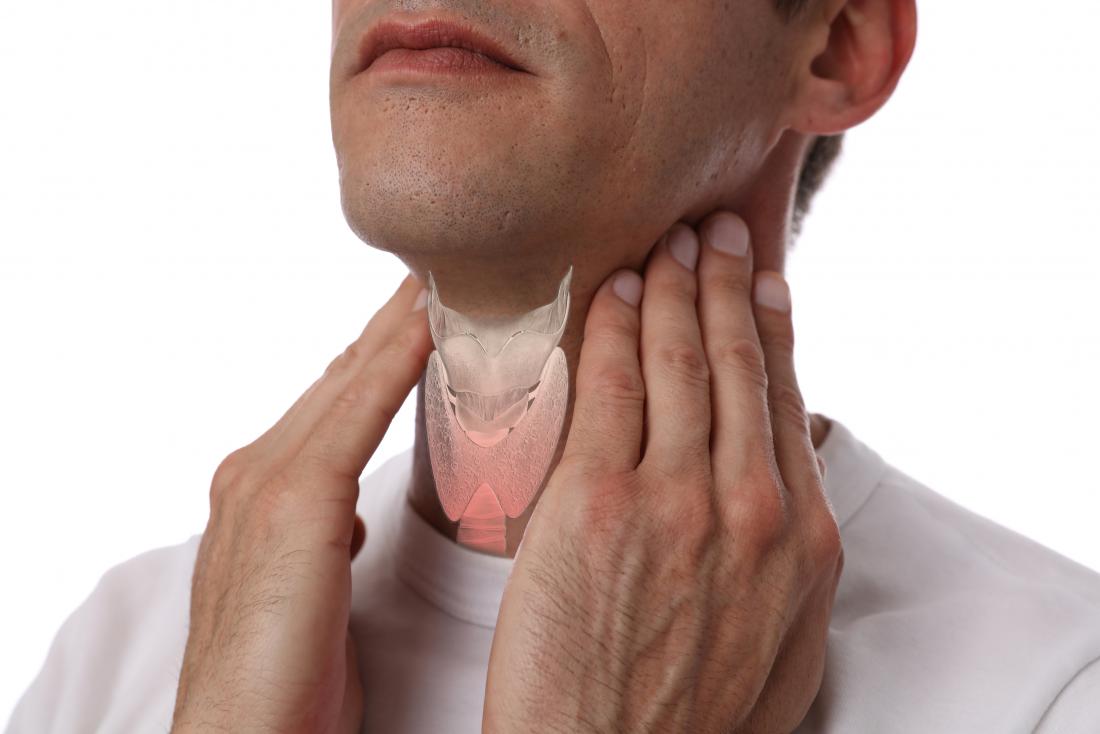Overactive Thyroid, Symptoms, Diagnosis and Treatment


An overactive thyroid (ไทรอยด์เป็นพิษ, which is the term in Thai) is also called hyperthyroidism or thyrotoxicosis and is a health condition of the thyroid gland generating excess thyroid hormones.
The thyroid is a tiny gland located in the neck, just in front of the trachea (windpipe). It generates hormones that affect things like the heart rate and temperature of the body.
When these hormones are in excess, it can lead to probable severe issues that may require treatment.
Anyone can suffer from this condition; however, it is more prevalent in women than men, and typically occurs within 20 and 40 years old.
Symptoms
The symptoms of an overactive thyroid include:
- hand tremors
- mood swings
- anxiety or nervousness
- speedy heartbeat
- muscle weakness or fatigue
- irregular heartbeat or palpitations
- dryness of the skin
- difficulty in sleeping
- loss of weight
- bowel movements or increased frequency
- Skipping periods or light periods.
Diagnosis
An overactive thyroid is diagnosed based on physical examination, symptoms, and blood tests to ascertain the thyroid-stimulating hormone (TSH) levels. An ultrasound or a nuclear medicine scan may be carried out on your thyroid out by your doctor to check the presence of nodules or check if it is overactive or inflamed.
Treatment of Overactive Thyroid
Antithyroid medications are used to control the generation of thyroid hormones. Radioactive iodine therapy damages the thyroid hormones producing cells. Surgery is recommended to remove the thyroid (either one part of the entire gland) in uncommon cases women fail to respond to these therapies or have side effects. The severity, your age, the underlying cause of your symptoms, pregnancy, the possible side effects of the medication all decide the choice of your treatment.
Beta-blockers may also be prescribed by your doctor to stop the thyroid hormones effect on your body.





